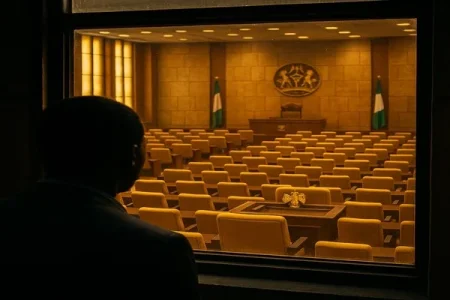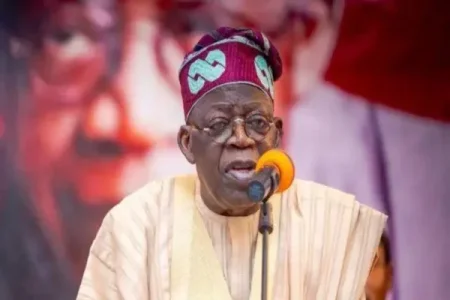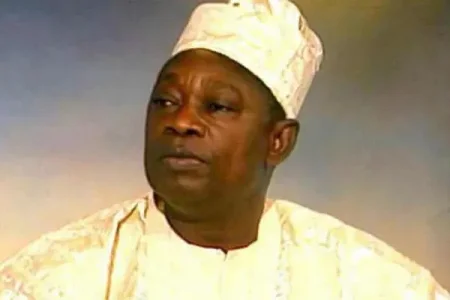
President Bola Tinubu outlined his administration's achievements and plans during his closed Democracy Day address to the National Assembly. The comprehensive speech covered economic reforms, political assurances, infrastructure projects, and national honours whilst addressing concerns about democratic governance. Tinubu presented statistics on GDP growth, foreign reserves, and youth empowerment programmes, whilst firmly rejecting allegations of creating a one-party state
- Economic Growth Acceleration: GDP increased 3.4% in 2024, with Q4 reaching 4.6%—the highest quarterly growth in over a decade. Foreign reserves grew fivefold whilst Naira exchange rates stabilised.
- One-Party State Firmly Rejected: Tinubu personally promised never to support single-party governance, citing his 2003 experience as the last progressive governor standing against political manipulation.
- Consumer Credit Revolution: Over 100,000 Nigerians accessed affordable credit through CREDICORP, with 400,000 young people targeted for July 2025 expansion, including youth corps members.
- National Digital Infrastructure: Fibre optic cable deployment across Nigeria launched to bridge the digital divide, enhance internet speed, and position youth for global competition.
- Tax Reform Package Progress: Comprehensive tax reforms nearing completion, with gratitude expressed tothe National Assembly for cross-party collaboration on economic re-engineering legislation.
- Democracy Heroes Honoured: 52 individuals received national honours, including posthumous CFR for Kudirat Abiola, GCON for Prof. Wole Soyinka, and recognition for Ogoni Nine members.
- Security Operations Intensified: Improved intelligence coordination and inter-agency cooperation, making highways safer whilst investing in technology and training for national security.
- Political Opposition Welcome: New APC members from Delta and Akwa Ibom were welcomed whilst encouraging other parties to examine internal processes rather than conjuring non-existent demons.
Presidential speeches reveal governing philosophy through priority sequencing. Tinubu's emphasis on economic metrics before democratic principles suggests a technocratic leadership approach where prosperity validates authority rather than participation, generating legitimacy.
The detailed statistics—specific percentages, precise figures, targeted beneficiaries—indicate administration is focused on measurable outcomes. Yet these achievements were shared with lawmakers, not citizens who experience them daily. This creates knowledge asymmetry where those who implement policy know less about its impact than those who design it.
Most intriguing is framing opposition defections as validation whilst denying single-party intentions. Nigerian political psychology recognises this pattern: welcoming departures whilst claiming democratic commitment suggests confidence in the gravitational pull of power rather than ideological conviction.
How does prioritising economic achievements over democratic participation shape expectations of presidential leadership? What does welcoming opposition defections whilst denying single-party goals reveal about political strategy?




